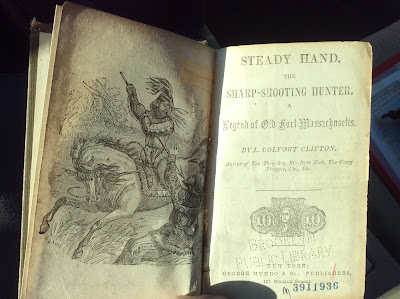1634: The Baltic War, David Weber and Eric Flint (2008)

This was a welcome and wonderful conclusion to 1633.
The thing you might notice is the colon in the title. The 1632 universe had taken off by this point. There are multiple books set in the year 1634 and they happen concurrently, but not as oddly as, say, A Feast for Crows and A Dance with Dragons.
If you are starting this series, and this universe, I recommend that you read this book immediately after 1632 and 1633 before branching out. One of the complaints I had about 1633 was its cover depicting a warship on its cover, but the warship wasn't ready to go by the end of that book.
In this book, Admiral Simpson finally launches his ironclads and sails off to the Baltic to win Denmark for Sweden. In the meantime, the Grantville delegation in the Tower of London needs to be rescued, along with Oliver Cromwell.
But the natives of the time period have not been idle as winter set in. They had started to emulate the up-timers, for once they see that a thing is possible, then their own scientists can try to make such things happen. It also helps that up-time books, particularly books on technology, are sold at a premium on the black market. Thankfully, for the people of Grantville, and the members of Emperor Gustavus Adolphus's army, navy or air force (yes, he has an air force!), mass production is not in place yet, so superior weapons will be limited to a few companies of soldiers.
I wish I had written this up in a more timely manner, so I could've listed more about the characters and the story lines, which is really why I have this blog in the first place more than reviews. (I mean, who is actually reading this?)
This one took a while, mostly because I was lugging a huge hardcover on the subway, and it isn't the greatest thing to hold onto when I'm falling asleep. There's also a lot to keep track of, but it's worth the effort. History is getting rewritten and the timelines are diverging. People aren't dying when they were "supposed to". The painter Reubens is aware of the masterpieces he created in the "other" universe and now has no interest to create them here because they would be derivative.
I'm taking a break from this for a while now, but I wouldn't be opposed to read more.
Side note: Eric Flint was a Guest of Honor this past spring at HeliosphereNY, a new science-fiction convention in Rye, NY, held in March 2018. I was in attendance. There was a "1632 Mini-Con" occupying one of the conference rooms for the entirety of the weekend. There were discussions on the tech, the world, and, of course, writing. Many newcomers have been published in the Grantville Gazette. The idea did intrigue me, but I needed to get more familiar with the world. (Not the characters, those are reserved.) It's something to consider, but I need to familiarize myself with more of what has already been written.







